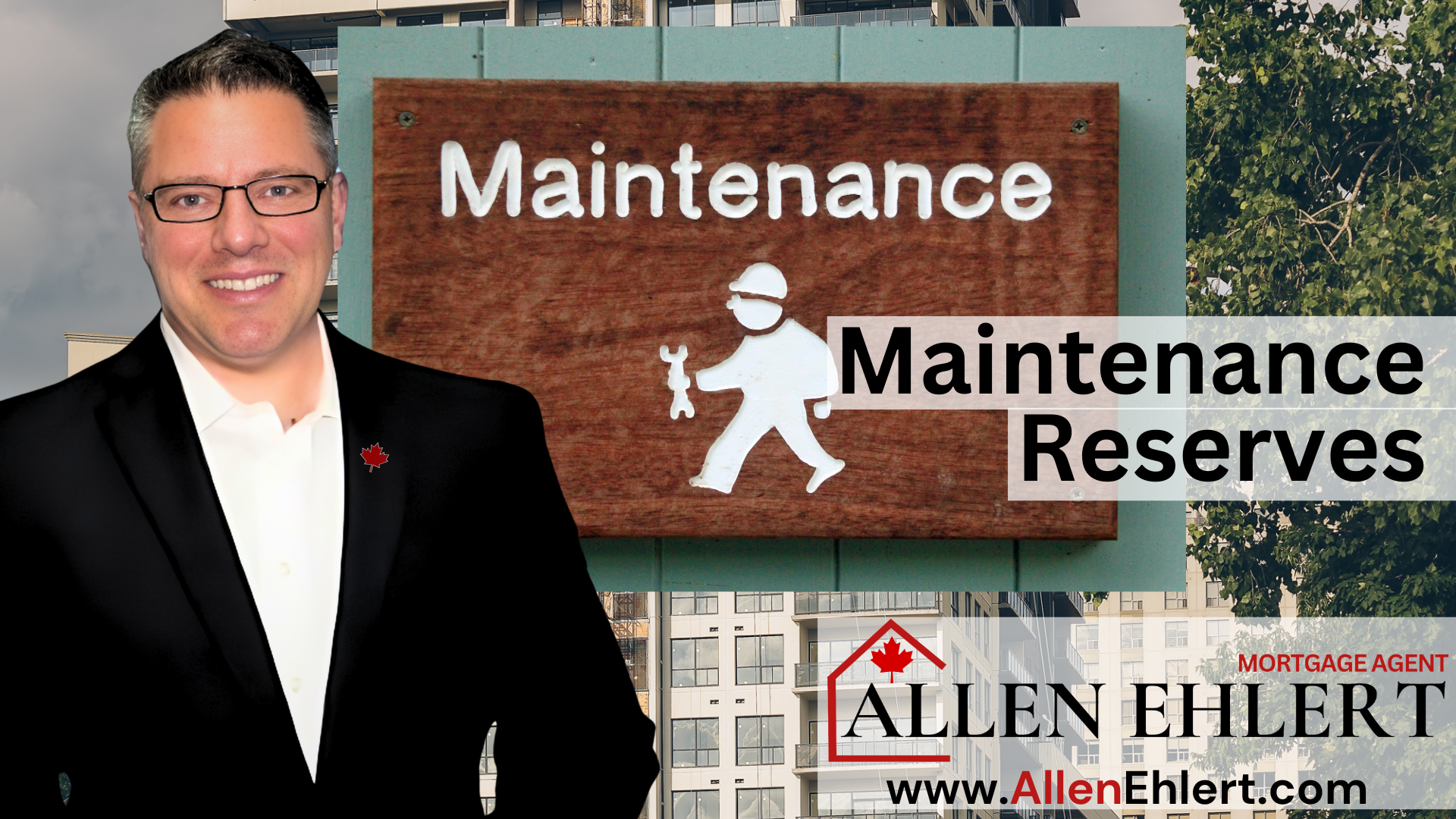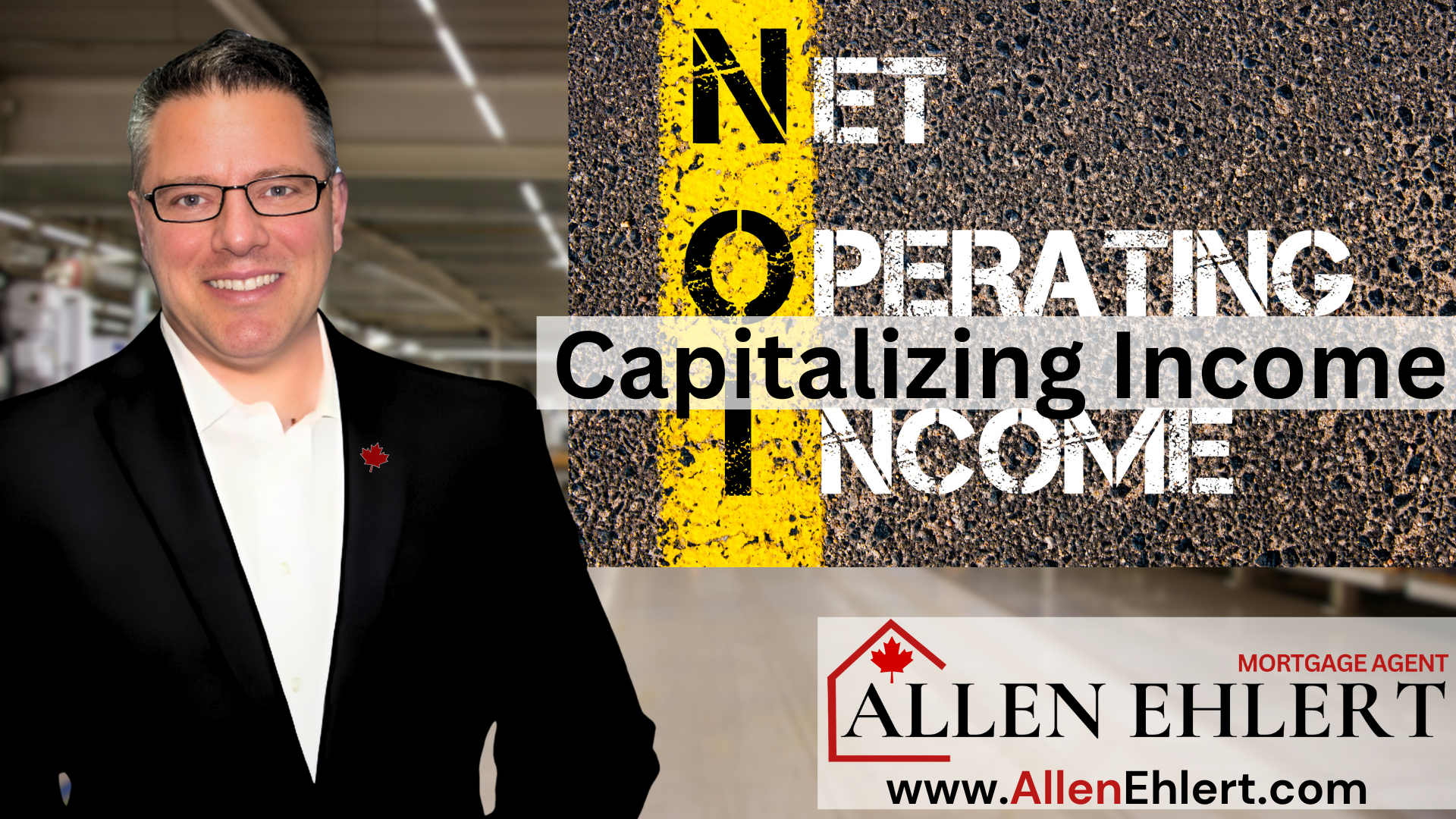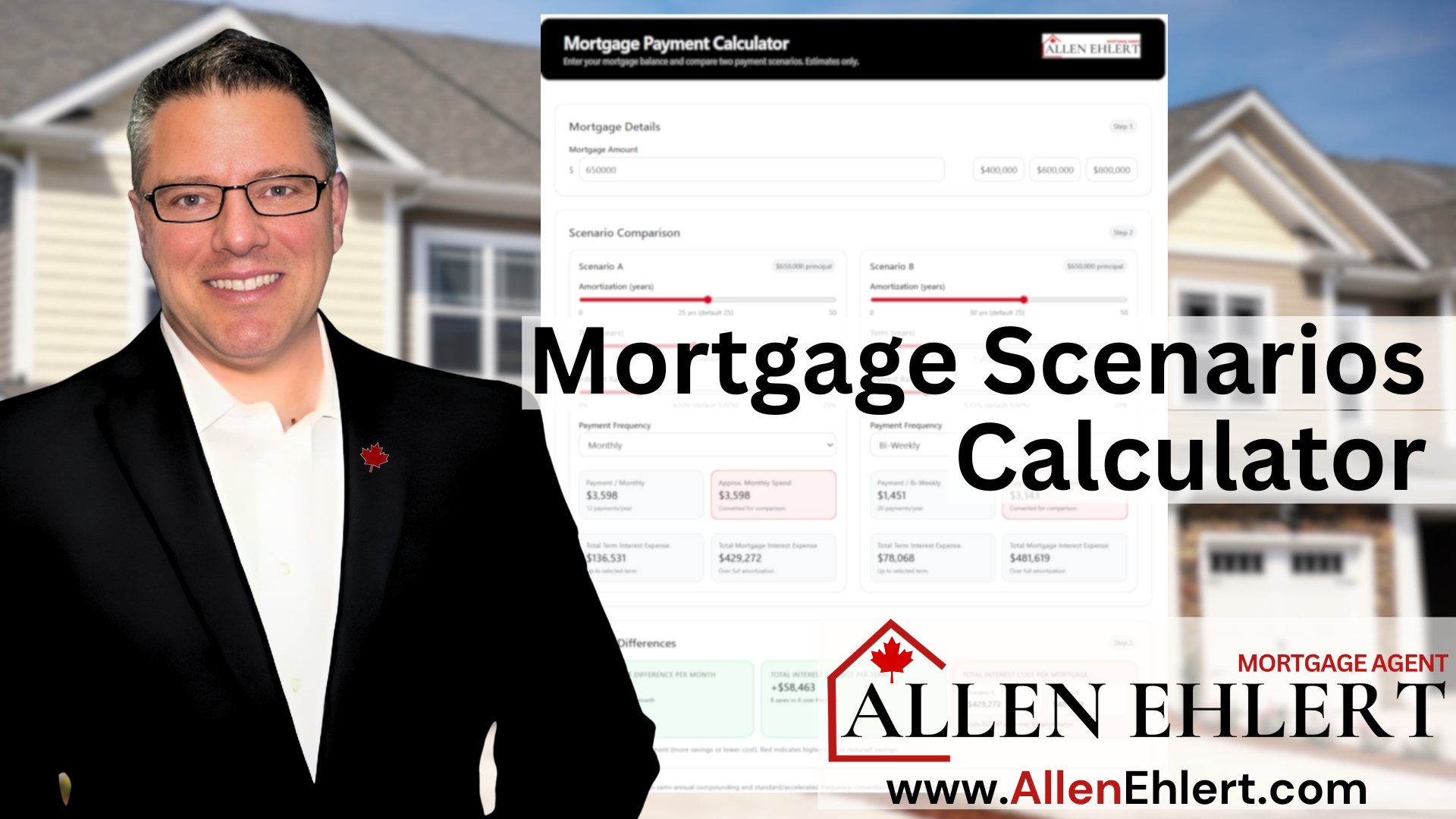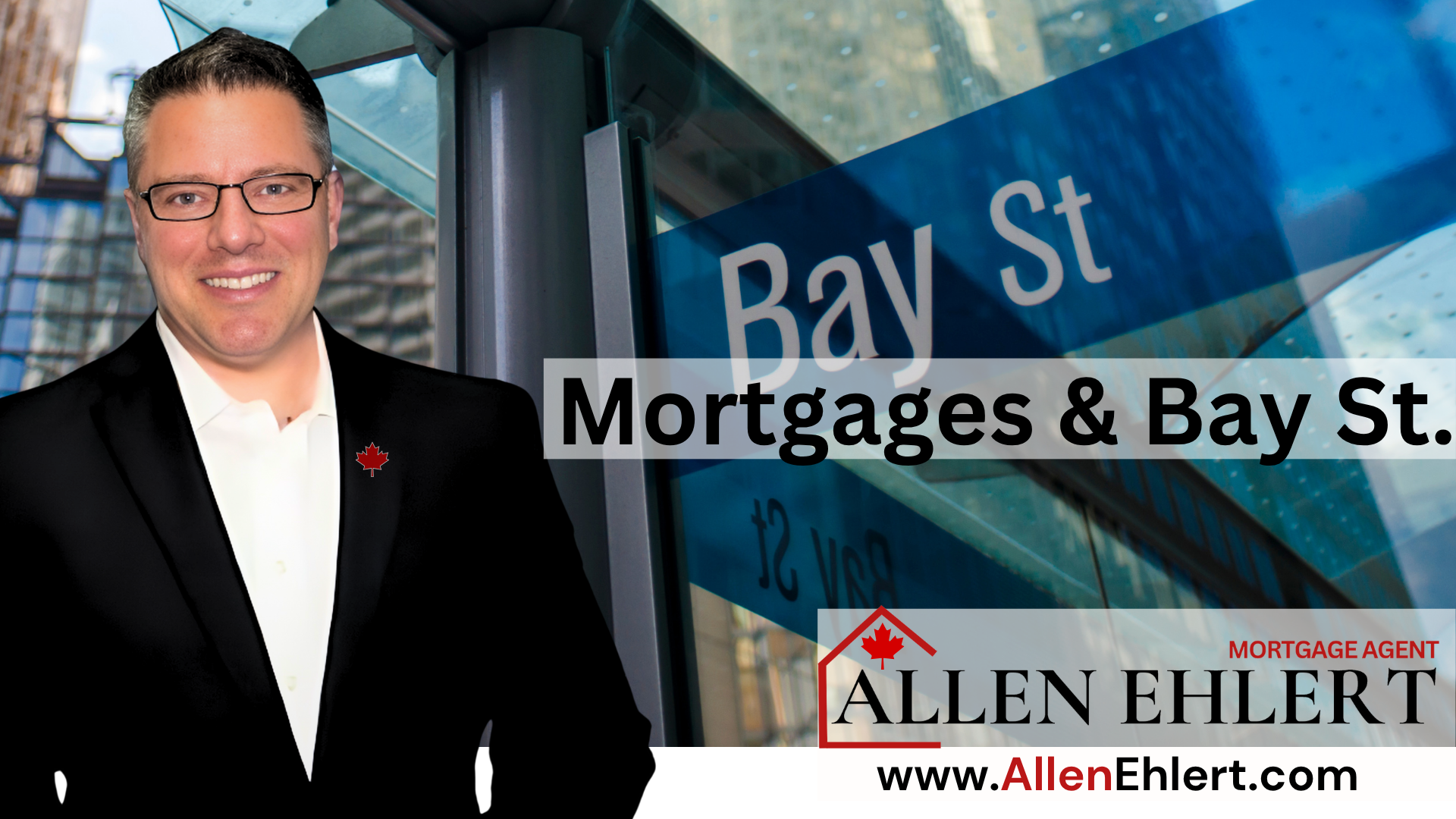… Builders Think This Is the Key to Canada’s Housing Market
There’s a new conversation heating up in real estate circles: What if we just opened the doors wide and invited foreign investors to buy up Canadian homes? For some in the home building industry, this is being pitched as a solution to sluggish sales—especially in the condo sector.
But is it really the silver bullet for Canada’s housing woes, or are we quietly selling out future generations? Let’s break this down so you, as a homebuyer, seller, or realtor, can see the bigger picture.
Topics I’ll Cover
Why the Push for Foreign Buyers Is Back
What’s Really Driving This Idea
Unfair Foreign Buyer Advantage
What’s a Foreign Buyer Anyway?
How Realtors and Clients Can Use This Knowledge
Why the Push for Foreign Buyers Is Back
New home sales, particularly condos, are at their lowest level in decades. Builders rely on high sale prices to make new projects viable, but Canadians—squeezed by high interest rates and affordability issues—aren’t buying like they used to.
The industry’s proposed fix? Remove restrictions on foreign buyers and let international investors scoop up Canadian homes, theoretically shoring up demand and supporting new construction.
What’s Really Driving This Idea
The pitch sounds good at first glance—more buyers, more sales, more supply. But here’s the catch:
- Selling to foreign investors often props up home prices, making it harder for local buyers to enter the market.
- It positions homes as investment assets rather than places for families to live.
- It risks locking out a generation of Canadian buyers already struggling to break into the market.
If you wouldn’t sell Canada’s forests, lakes, or farmland outright to international owners without scrutiny, why would we treat our homes—arguably our most personal and vital resource—any differently?
Unfair Foreign Buyer Advantage
Foreign investors often get a hidden discount on Canadian real estate that hardworking local buyers simply can’t access. Why? Because many foreign buyers can leverage tax write-offs and investment structures unavailable to everyday Canadians. For example, they can claim property depreciation, deduct interest expenses, or use international corporate entities to reduce their tax exposure—effectively lowering their cost of ownership.
Meanwhile, local families buying the same home with after-tax income don’t get those perks; they pay full freight on every dollar earned before making their mortgage payment. It’s like two people running the same race, but one gets a head start—leaving many Canadians feeling like they’re competing in a rigged game when it comes to affording a home.
What’s a Foreign Buyer Anyway?
And here’s where it gets even murkier—what exactly is a “foreign buyer” anyway? Many so-called “Canadian buyers” purchasing property aren’t people who live, work, or pay taxes here. They may have been born abroad, obtained Canadian citizenship years ago, and then moved away—sometimes decades ago. Many don’t intend to ever return to Canada, yet they still hold a Canadian passport, which gives them full access to our real estate market. On paper, they’re Canadian. In reality, they function as international investors with little to no connection to the local economy or housing needs. This loophole means homes meant for Canadian families are often treated like offshore safety deposit boxes for people who may never set foot in them, driving up prices and shrinking supply for those who actually call Canada home.
A Story That Brings It Home
Meet Jason, a first-time buyer saving for a condo in Toronto. After years of cutting costs and saving aggressively, he finally qualified for a mortgage. Then, a wave of international buyers hit the market when restrictions lifted. Within months, average home prices jumped, putting Jason’s dream out of reach again, and this time, maybe forever!
This isn’t a rare story—it’s happening in cities worldwide where unrestricted foreign ownership is allowed.
Foreign “digital nomads”—many Americans working online—are increasingly reshaping Mexico’s urban landscape, and not always for the better. Since about 2020, hundreds of thousands have flocked to cities like Mexico City’s Condesa and Roma neighbourhoods, lured by lower living costs and fast internet (AP News). But their arrival has triggered a cost-of-living storm, with rents soaring as much as 47% in some areas purely to cater to foreign income levels (The Guardian). It’s sparked protests—locals holding signs like “Gringo, go home!”—and even vandalism at Starbucks and other businesses seen as symbols of the change (The Guardian). The trend isn’t just about housing—it’s a clash of cultures and identities, echoing global tensions where remote workers inadvertently push longtime residents out.
How Realtors and Clients Can Use This Knowledge
For Realtors:
- Keep informed on government policy changes. If restrictions loosen, be ready to discuss how this could impact local pricing and demand.
- Educate clients on timing—if they’re on the fence about buying, knowing about potential policy shifts could motivate earlier decisions.
For Buyers and Sellers:
- Buyers: Understand that market conditions can change quickly. Waiting for prices to drop could backfire if foreign demand spikes again.
- Sellers: If policies shift and foreign demand increases, your property could become more attractive, potentially boosting your sale price.
Allen’s Final Thoughts
Foreign buyers might offer a short-term solution for builders needing to move inventory, but long-term, it risks pricing Canadians out of their own communities. Homes aren’t just investments; they’re the foundation for building families, security, and future stability.
How I Can Help
As your mortgage agent, I stay on top of these policy changes and what they mean for your financing and strategy. Whether you’re a first-time buyer worried about rising competition, a realtor needing market insights for your clients, or a seller considering timing your sale, I’ll:
- Break down how policy shifts could affect rates and affordability
- Help buyers lock in financing before changes push prices higher
- Partner with your realtor to create a smart, proactive plan
Bottom line: You can’t control government policy, but you can control how you prepare. I’m here to help you do exactly that.












